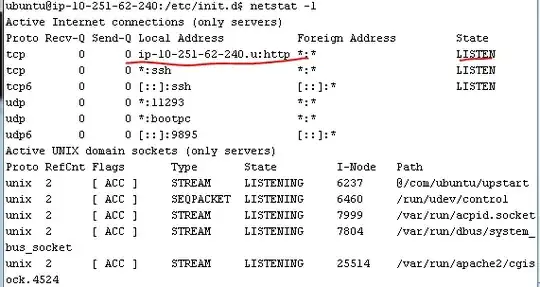Im new to trying to get linux on active directory.
I got the linux pc to join the domain on the controller under computers the linux pc is listed with my other windows machines.
but on the linux pc I can only login as a linux user.
typing in domain\user or user@domain and then the password says incorrect password and im sure im typing it right.
Doesnt matter if i use the FQDN or the netbios name for the domain. in either format of \ or @.
SSH in doesnt work either with domain account.
ssh -p 23 twml\\administrator@192.168.2.40
twml\administrator@192.168.2.40's password:
Permission denied, please try again.
packages installed for AD:
realmd libnss-sss libpam-sss sssd sssd-tools adcli samba-common-bin oddjob oddjob-mkhomedir packagekit
following this guide:
https://computingforgeeks.com/join-ubuntu-debian-to-active-directory-ad-domain/
realm shows joined the domain on the linux pc.
realm list output:
root@ADTest:/home/twmlserver# realm list
lightfoot.noip.me
type: kerberos
realm-name: LIGHTFOOT.NOIP.ME
domain-name: lightfoot.noip.me
configured: kerberos-member
server-software: active-directory
client-software: sssd
required-package: sssd-tools
required-package: sssd
required-package: libnss-sss
required-package: libpam-sss
required-package: adcli
required-package: samba-common-bin
login-formats: %U@lightfoot.noip.me
login-policy: allow-realm-logins
controller shows the pc as joined:
what log files can help? paths?
only packages logs i see in my /var/log area that is newly installed is sssd and all the log files it makes are empty.

